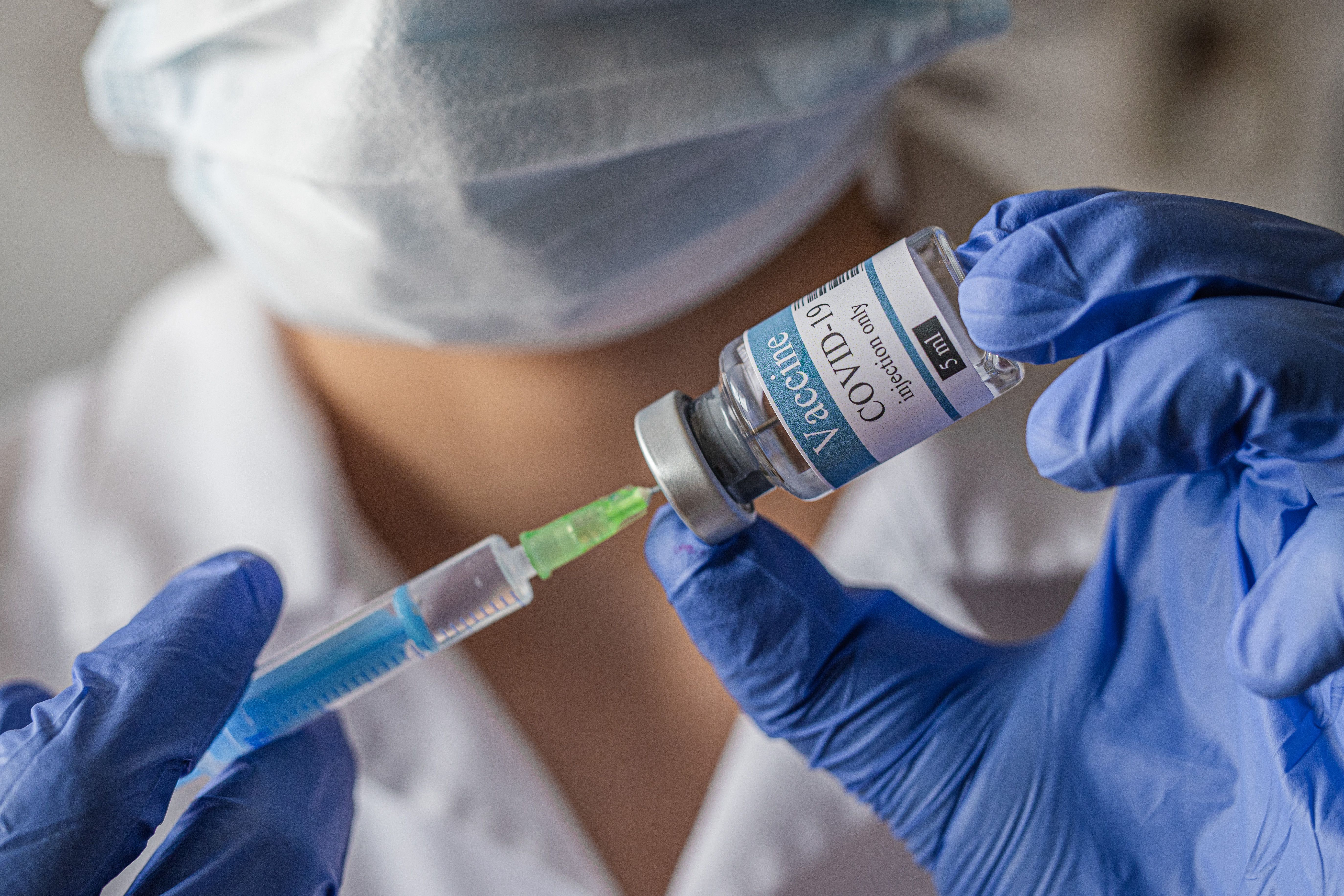News
Article
mRNA-1273 Vaccine Associated With Lower Risk of Adverse Events, Likelihood of COVID-19 Diagnosis
Author(s):
Compared to the BNT162b2 vaccine, the mRNA-1273 vaccine was associated with a lower risk of adverse events, which investigators speculate was due to interrelated safety and efficacy.
The mRNA-1273 (Moderna) a COVID-19 vaccine has been associated with a lower risk of adverse events (AEs) compared to BioNTech and Pfizer’s COVID-19 vaccine, BNT162b2, potentially due to its improved protection against COVID-19, according to the results of a study published in JAMA Network Open.1 Investigators called for future research that could formally establish the differences in vaccine safety and efficacy for the COVID-19 vaccines and determine how being immunocompromised could affect the performance.1
Image credit: myskin - stock.adobe.com

“Immunization with either mRNA vaccine is substantially better and safer than not being vaccinated at all,” Daniel Harris, an epidemiologist and research scientist in the Center for Gerontology and Healthcare Research at the Brown University School of Public Health, said in a statement. “But in an ideal world where we can have a choice between which vaccine product is used, we wanted to see whether one vaccine was associated with better performance for older adults and those with increased frailty.”2
Investigators of the study aimed to compare the AEs of both mRNA vaccines overall, by frailty level, and for those with a period history of the AEs they were investigating. The study was conducted between December 11, 2020, and July 11, 2021, with a 28-day follow-up after the vaccination date, and the analysis of data began October 18, 2022.1
The investigators used a database of community pharmacies where Medicare claims were used, which they stated represented more than 50% of the US Medicare population.1
In the population, the investigators identified individuals who were aged 66 years or older and who received either mRNA vaccine as their first COVID-19 vaccine.1
Investigators chose 12 serious AEs of interest, which were identified by the FDA as potentially associated with mRNA vaccines. These AEs were used as the primary outcomes.1
The AEs included acute myocardial infarction, facial nerve palsy, deep vein thrombosis, disseminated intravascular coagulation, encephalomyelitis or encephalitis, Guillain-Barre syndrome, hemorrhagic stroke, thrombocytopenia purpura, myocarditis or pericarditis, non-hemorrhagic stroke, pulmonary embolism, and transverse myelitis, according to the study authors.1
Investigators also measured frailty using the claims-based frailty index, in which individuals were categorized as non-frail, prefrail, and frail. The secondary outcome included the risk of COVID-19.1
In total, there were 6,388,196 eligible individuals included in the study who received either vaccination. Approximately 38.1% were categorized as prefrail and 6% were frail.1
Investigators reported that the risk of all outcomes was low for both vaccine groups, but in the adjusted models, mRNA-1273 was associated with a lower risk of pulmonary embolism and other AEs in subgroup analyses. This included an 11% lower risk of thrombocytopenia purpura for those categorized as non-frail.1
Furthermore, the results of the study demonstrated that the mRNA-1237 vaccine was also associated with a lower risk of COVID-19 diagnosis, but was reduced by frailty level, according to the investigators.1
“We think that these 2 things, safety and effectiveness, are interrelated,” Harris said in the statement. “The slightly reduced risk of pulmonary embolism and other [AEs] that we saw in individuals who received Moderna may be because the Moderna vaccine was also more effective at reducing COVID-19 risk.”2
However, the results of the study were unable to verify whether the differences in AEs were because of the safety or efficacy. The investigators called for more research around this claim.2 Additionally, they recommended research to compare subsequent vaccinations because this study focused on the first vaccination.2
References
- Harris DA, Hayes KN, Zullo AR, Mor V, et al. Comparative risks of potential adverse events following COVID-19 mRNA vaccination among older US adults. JAMA Netw Open. 2023;6(8):e2326852. doi:10.1001/jamanetworkopen.2023.26852
- Moderna is safest, most effective mRNA vaccine against COVID-19 for older adults, study shows. News release. EurekAlert. August 2, 2023. Accessed August 2, 2023. https://www.eurekalert.org/news-releases/997390
Newsletter
Stay informed on drug updates, treatment guidelines, and pharmacy practice trends—subscribe to Pharmacy Times for weekly clinical insights.





